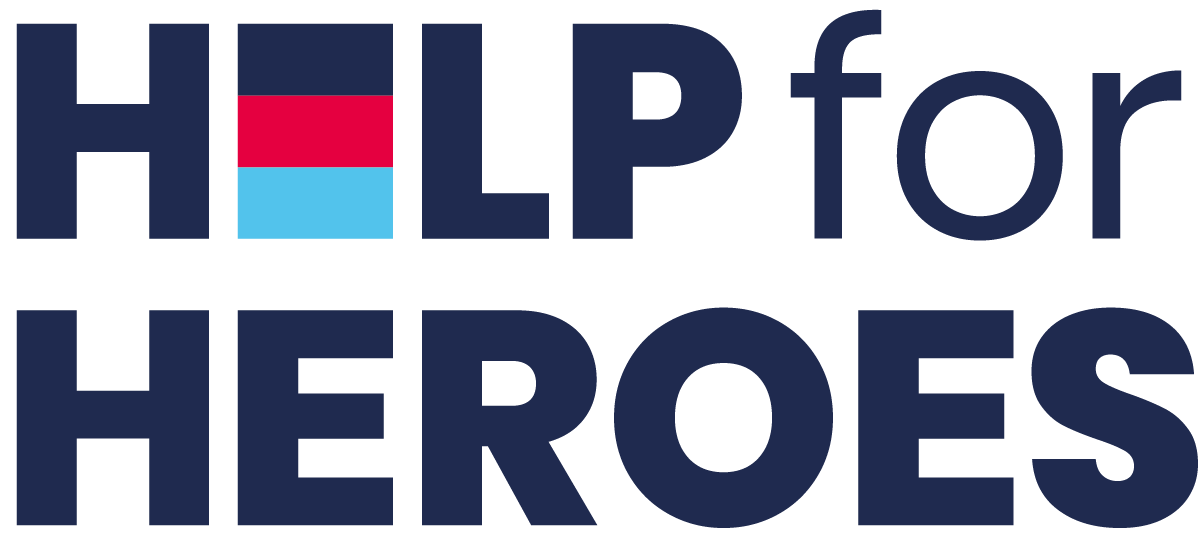Updated on
Lack of sleep can have a huge impact on physical and mental health, and at the height of the pandemic nearly half the veterans we support struggled with sleep issues. Stephanie Shaw is one of them.
Medically discharged from the RAF 15 years ago, this year she reached out to us during lockdown, when the sudden change in routine negatively impacted her ability to switch off at the end of the day.
Serving in Poland in 2002, a serious road traffic accident marked the beginning of the end of Stephanie’s RAF career. The former Air Traffic Control Officer was left with multiple broken bones, internal wounds and a head injury. Following six separate recovery sessions at Headley Court, she was medically discharged in 2005.
Having always enjoyed sport, Stephanie first became involved with us through the 2018 Invictus Games. She explains:
“Although I didn’t get selected, I got to know the teams and felt part of a new family.”
Then, this year when the coronavirus pandemic hit, sleep became a problem. In need of support, Stephanie reached out to us once more.
“I already found sleeping difficult. Lockdown made it worse, as there was no escape when my work and home life blended together,” she says.
Referred to our Occupational Therapy team, Stephanie received remote support via our online sleep course.
“It helped me make sense of the anxieties associated with sleep. I am now sleeping much better as a result - which made lockdown much easier,” Stephanie explains.
Now post lockdown, Stephanie is looking forward to returning to some of her old routines. However, she says the continuing restrictions around social interaction concern her.
“The pandemic has been awful, especially for those suffering from poor mental health. Lack of personal interaction has caused further harm to many whose lives are already fragile. Thank goodness for Help for Heroes who are always on hand to help.”






